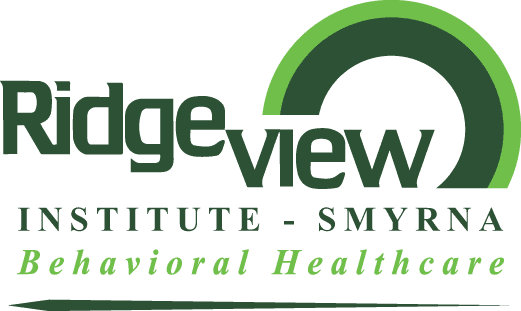4 WAYS TO HELP A LOVED ONE SUFFERING FROM POSTPARTUM DEPRESSION
If you’ve noticed your loved one having bouts of crying, feelings of guilt and inadequacy, and fatigue, they may be dealing with symptoms of postpartum depression. It can be intimidating being on the outside and you may be unsure of how to help. It can be hard for new moms to ask for support, but you can still be there for them during this difficult time. Here are four ways to help mothers who are experiencing signs of postpartum depression (PPD).
1. PROVIDE HANDS-ON HELP
The first few months after a new baby arrives can be overwhelming for a new mom. You can lighten the load a bit by helping your friend with household chores, such as washing dishes or doing laundry. Meal-prep can be an especially time-consuming task when caring for a newborn. If you have a circle of friends in common, take turns delivering ready-to-eat meals in a disposable container (so there are fewer dishes to wash). This valuable time allows the mother to focus on her mental health & her baby.
2. RUN ERRANDS
When providing round-the-clock care for an infant, new mothers may not be able to muster up the time and energy to run errands, especially if they’re showing signs of postpartum depression. Offer to do some grocery shopping, drop off clothes at the dry cleaner, or pick up an older child from school.
3. LISTENING WITHOUT JUDGMENT CAN IMPROVE WOMEN’S MENTAL HEALTH
One of the most important things you can do for your loved one is to just be there. Ask her how she’s feeling and what you can do to help. Listen to her fears and concerns. Don’t compare her postpartum depression symptoms to yours or anyone else’s. Praise her mothering skills. Encourage her to talk about her struggles, but don’t push her to open up. Most importantly, don’t give up on her. Women struggling with PPD want to be listened to and validated. Although she may not have the words to tell you, your support likely means more to her than you may realize.
4. POINT HER TOWARD POSTPARTUM DEPRESSION TREATMENT
Do some research to locate postpartum depression treatment centers in your area that provide counseling and support groups. Offer to drive your friend to appointments or provide childcare while she attends counseling sessions.
Ridgeview Institute provides women with support and coping strategies to help them manage postpartum depression symptoms, mood disorders, and other mental health disorders. We have programs designed specifically with the needs of women in mind. If you or a loved one is experiencing signs of PPD, contact us to learn more about how we can help.
